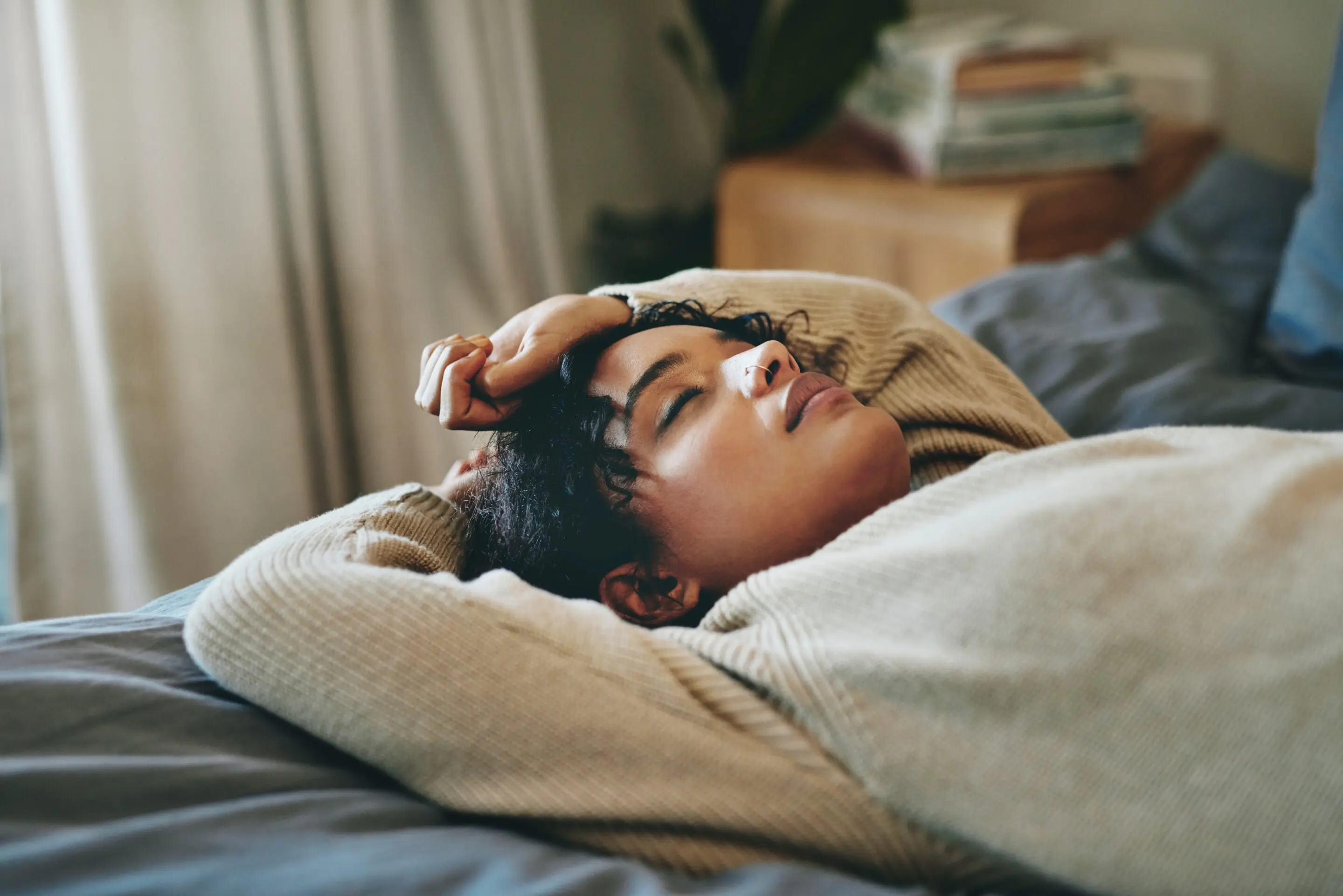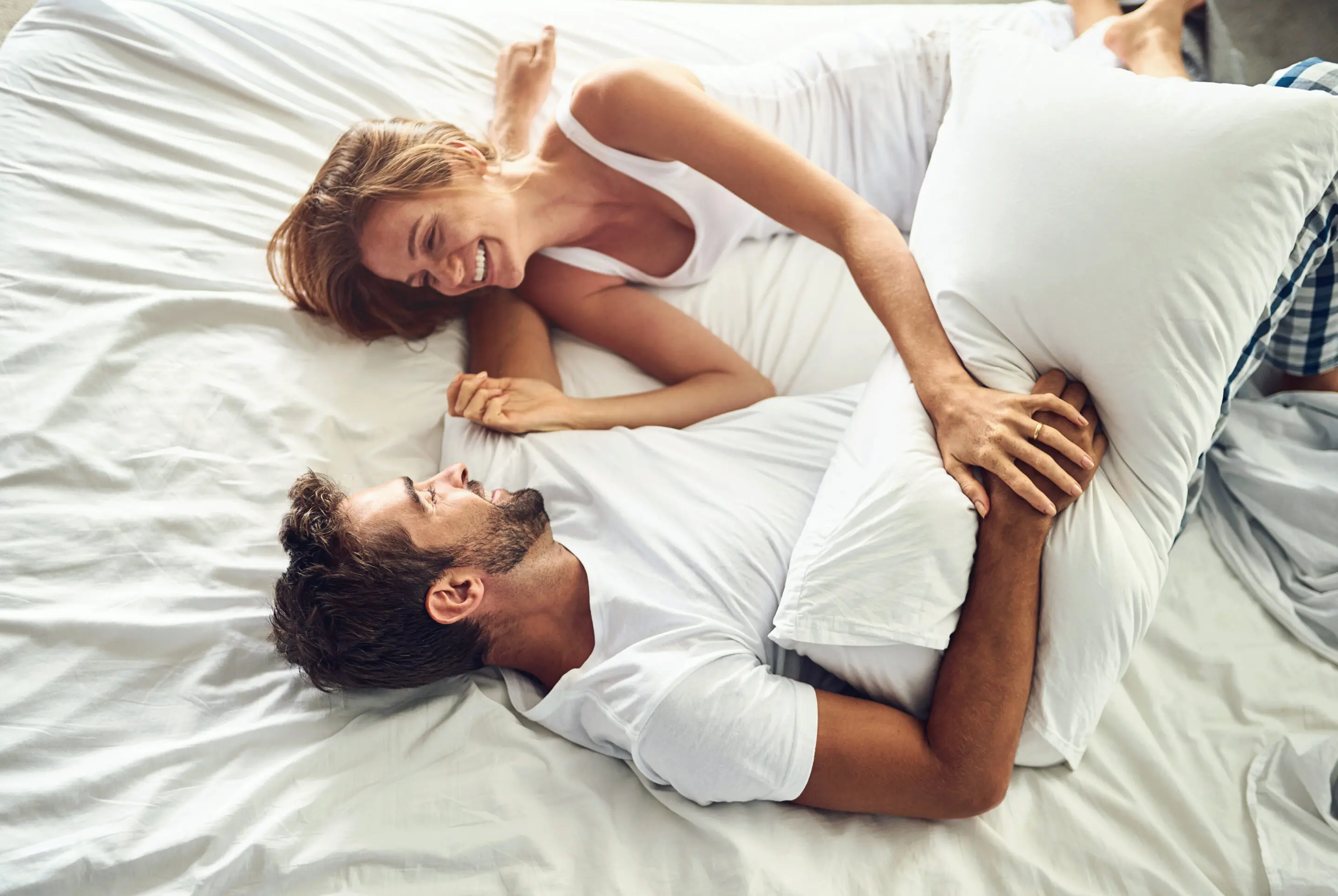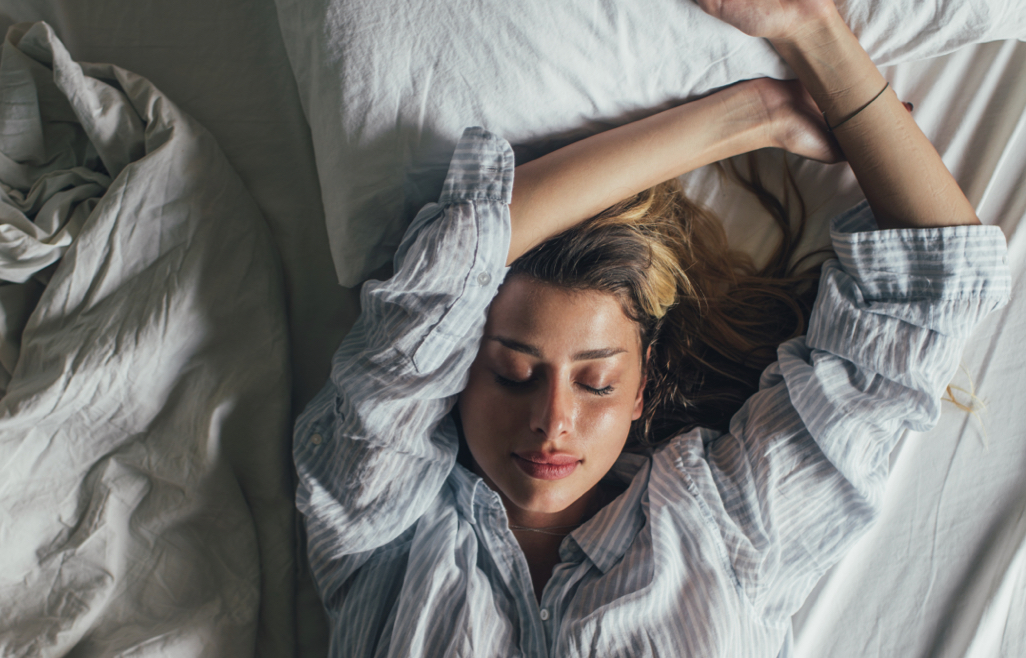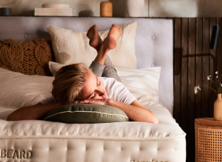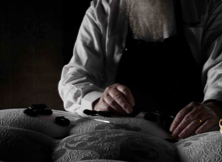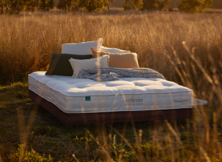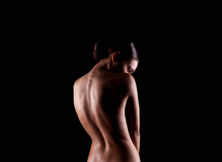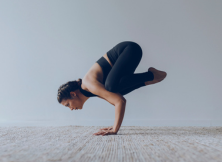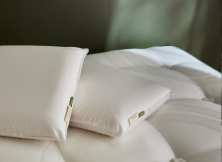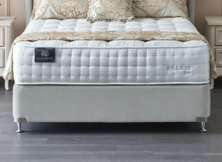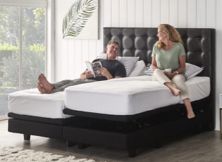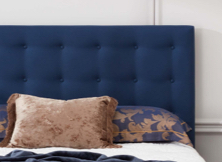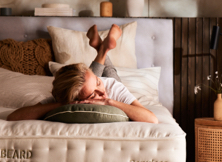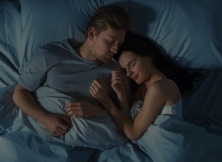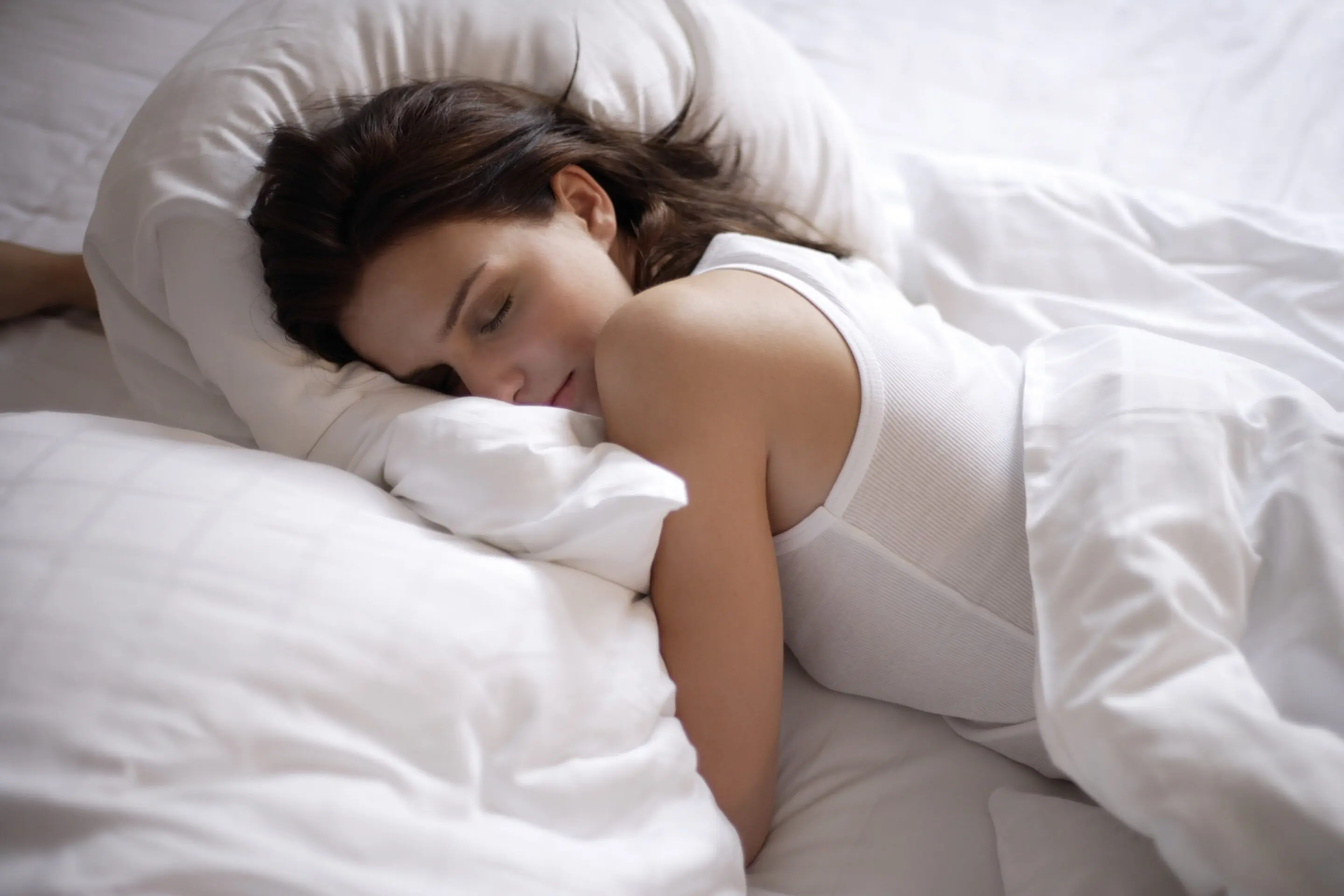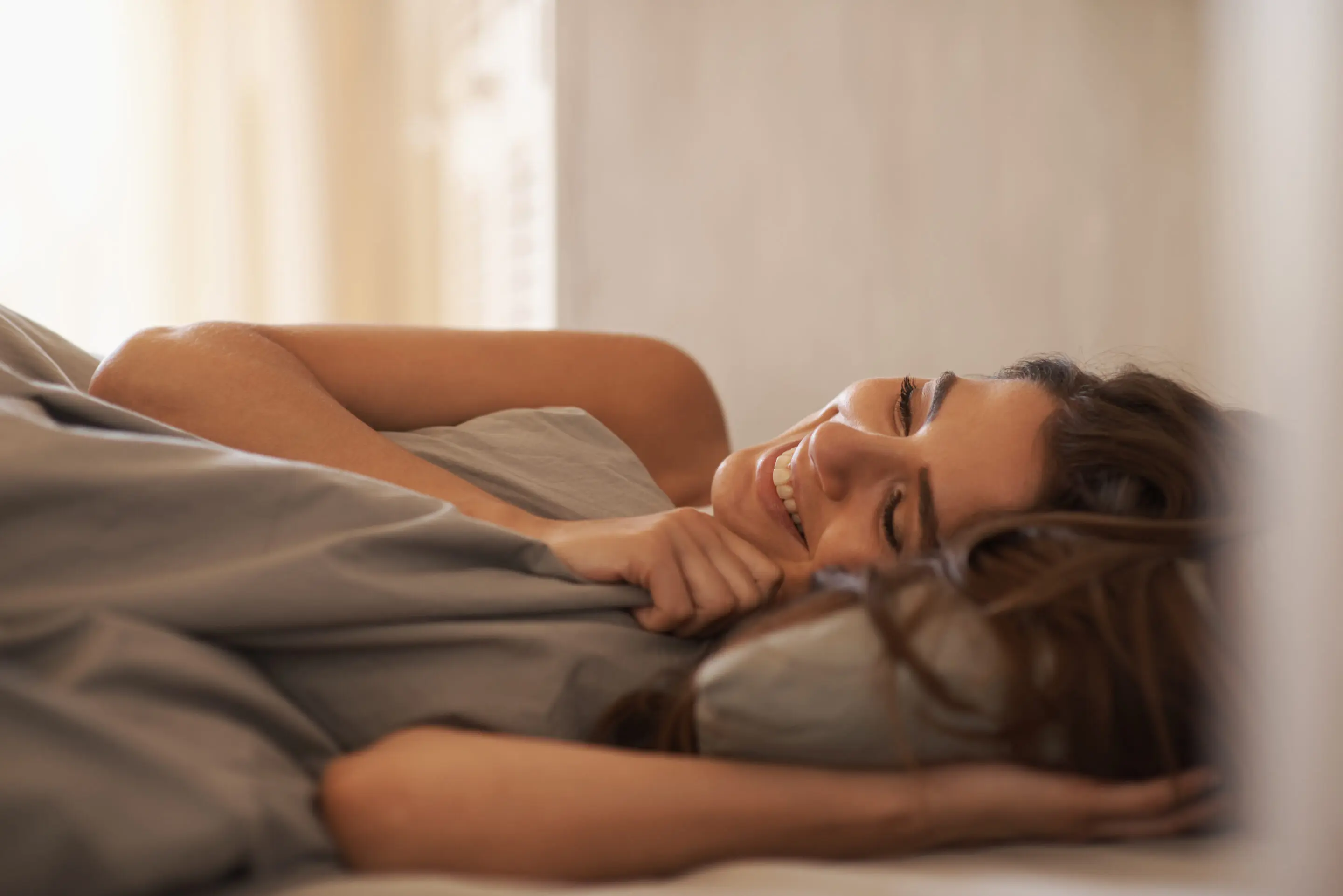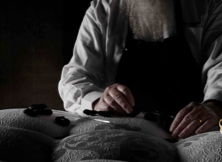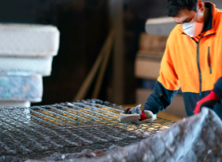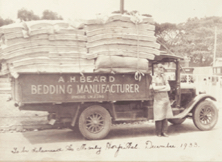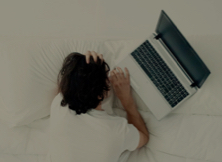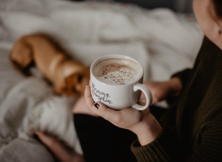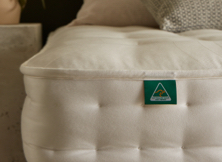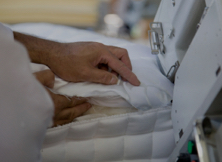Many of us give little consideration to the timing of our evening meal. However, you may not be aware that eating a large meal within three hours of bedtime can cause significant difficulties getting to, and staying asleep.
Here’s why:
- Our gastrointestinal system has a 24-hour cycle that slows down at night and during sleep.
- As a consequence of this slow-down when we’re asleep, the body is unable to digest food as quickly as it does when we’re awake and active.
- This means that a meal that would ordinarily take two to three hours to be emptied from the stomach will take considerably longer when asleep. This can cause significant discomfort due to the increased gastric volume and will also prevent us from getting into deep sleep.
- As we’re lying down while sleeping, we’re more likely to suffer heartburn or reflux, making sleep even more elusive and cause ongoing discomfort throughout the night.
Your Challenge
Finish eating your evening meal 3 hours before bedtime.
What to eat at night
Foods that are good for sleep contain tryptophan, which helps produce serotonin (our feel-good hormone) and melatonin (our sleep hormone). There are many foods that contain a good amount of tryptophan including:
- Poultry
- Leafy green vegetables
- Mushrooms
- Nuts such as hazelnuts and almonds (good for the occasional evening snack when hungry)
- Milk
What not to eat at night
Foods that should be avoided at night are those that contain tyrosine, tyramine or glutamate, all of which stimulate us. Eating these foods late at night will often result in disturbed sleep and an over-active mind, sometimes causing nightmares. These foods include:
- Aged and processed meat
- Cheese
- Soybeans and soy products
- Over-ripe fruit
- Many types of spicy foods as they contain MSG (monosodium glutamate)
It’s also important to avoid known stimulants like caffeine and alcohol.
When it comes to sleep perhaps we should bear in mind the old adage:
Breakfast like a king, lunch like a prince and dinner like a pauper.
Something to keep in mind
If we drink too much in the evening we need to get up during the night to urinate, interrupting our sleep. As we age, the tendency to pass urine during the night (referred to as nocturia) increases. If you find that drinking close to bedtime causes you to get up during the night, forgo the evening cuppa and try not to drink anything after your evening meal.
